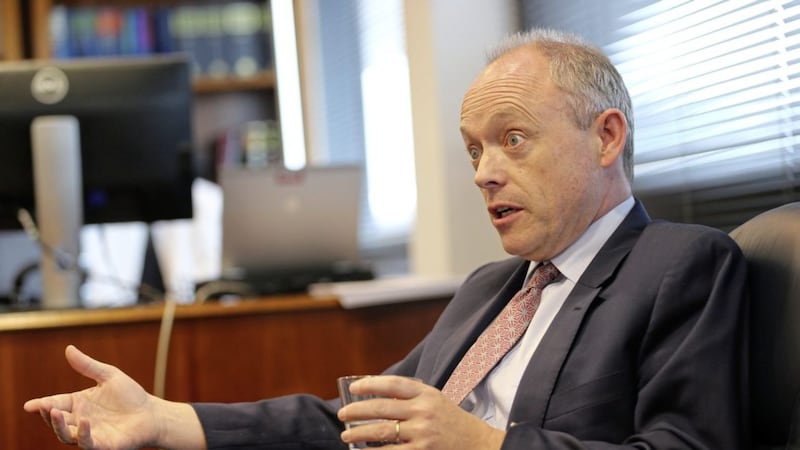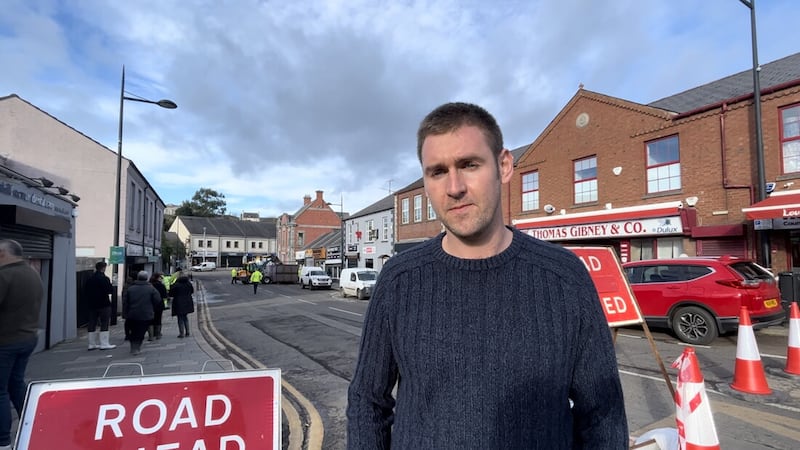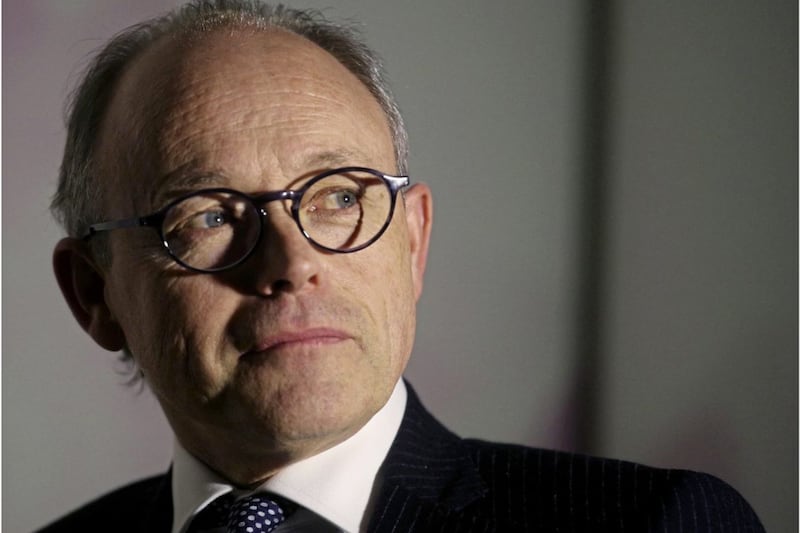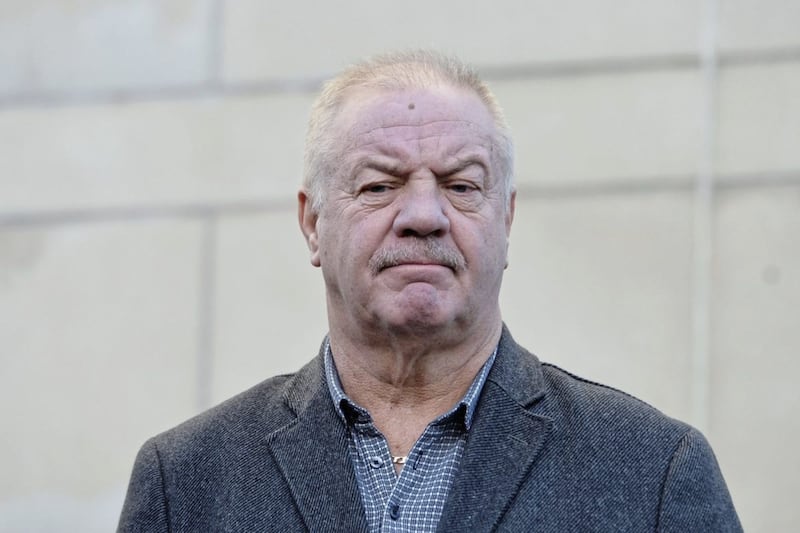NORTHERN Ireland's outgoing Director of Public Prosecutions has insisted he was not forced out of office over political pressure linked to controversial legacy investigations.
Belfast-born QC Barra McGrory spent yesterday speaking to his staff about his decision to leave the high-profile post later this year.
Mr McGrory made history as the first Catholic to become Director of Public Prosecutions when he was appointed in November 2011.
While he said he always intended to leave the job after five or six years to return to practising at the Bar, there has been speculation in legal circles that he could be appointed a High Court judge within the year.
Mr McGrory said yesterday that dealing with cases related to the Troubles was "an unanticipated aspect of the job".
In the last two years he has faced criticism from unionists and Conservative MPs for going ahead with prosecutions of former soldiers.
Earlier this month unionists called for his resignation after prosecutors re-instated an attempted murder charge against ex-soldier Dennis Hutchings (75) over the 1974 shooting of John-Pat Cunningham near the village of Benburb.
Previously, a judge had said there was insufficient evidence to proceed with the charge.
Mr McGrory said he regretted that legacy had become the story of his tenure.
He said in the absence of a political settlement the issue was always going to be difficult for any prosecutor to deal with.
"If all of the legacy controversy had not happened we would still be having this conversation," he said.
"Legacy is going to be difficult for any prosecutor because the conflict will be relived in some senses. All decisions will be viewed through the prism of the different communities' views.
"I wish the political architects of the peace process had dealt with legacy."
It will now fall to Attorney General John Larkin to appoint a successor to Mr McGrory, while any decision to call him to the bench will be taken by the Northern Ireland Judicial Appointments Committee.
Pressure has grown in Britain for a statute of limitations to stop further prosecutions of former security force members during the Troubles.
Lagan Valley MP Jeffrey Donaldson said while it is "not for the DUP to say who should be appointed" in place of Mr McGrory, they would like to see his successor "widening out legacy investigations to make them more balanced".
"The new director and all the investigative bodies' work should be widened out to investigate those who carried out the majority of killings and they were terrorist organisations, not the 10 per cent that is currently taking up the majority of current resources.
"There is a growing appetite in Westminster for a statute of limitations that would protect those who served our country.
"And we would be in favour of that in cases where an investigation took place at the time that cleared the state of any wrongdoing and found no case to answer."
Mr McGrory has strongly rejected suggestions of unfairly prioritising cases involving former soldiers, adding that more paramilitary cases have been pursued.
Sinn Fein's John Finucane, a practising solicitor, yesterday described the attacks on Mr McGrory as "nothing short of disgraceful".








